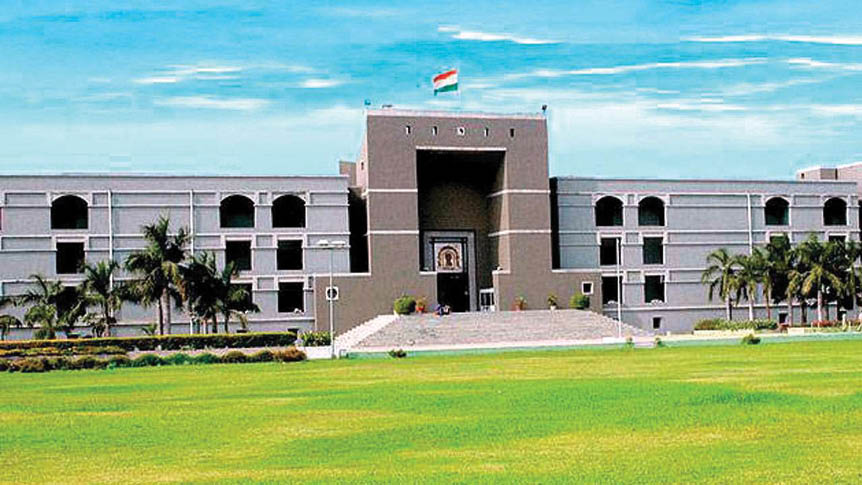The Gujarat High Court has dismissed a petition filed by the Surat Parsi Panchayat Board seeking directions to allow the Community to perform last rites of those to succumbed to Covid19, as per the customary practice of Dokhmenashini, after observing that the guidelines issued by the Ministry of Health and Family Welfare for the management of dead bodies, are not violative of the Fundamental Rights of the Parsis.
In relevance to the recent Supreme Court order in the suo moto case for holding the Kanwar Yatra amid the ongoing pandemic, a Division Bench comprising Justice Bela M. Trivedi and Justice Bhargav D. Karia observed, “The impugned Guidelines issued by the Ministry of Health and Family Welfare considering the prevailing situation of Covid-19, in the larger public interest for the disposal of dead bodies by cremation or burial, could not be said to be violative of any fundamental rights of the Parsees, more particularly when such means of disposal of dead bodies is also in vogue in all parts of the country and when it is not anathematic and sacrilegious to the religious practices being followed by the Parsees.”
Further observing that the safety and welfare of the State is the supreme law, the Court said, “Even the fundamental rights to profess, practice or propagate religion, and the right to manage religious affairs, as enshrined under Articles 25 and 26 of the Constitution of India, are subject to public order, morality and health.”
The petition filed by the Surat Parsi Panchayat Board sought permission to declare that the impugned Guidelines do not prohibit the Parsis to perform Dokhmenashini of community members who succumbed to Covid 19, in accordance with their religion.
It was the case of the petitioners that the said guidelines, stating only two modes i.e. Burial and Cremation, were completely silent on the other mode of funeral/disposal of dead bodies, thereby “impliedly ignoring other religious practices of other communities”. Therefore, it was argued that the authorities do not allow the Parsi community to follow their religious and customary mandates of the last rites of those who died due to Covid-19.
Hearing the submissions, the Court observed thus: “Such guidelines issued in the larger public interest considering extraordinary circumstances prevailing in the country, would take precedence over the individual interest as also over the religious faith and belief of a particular class of community.”
Placing reliance on the suo moto Kanwar Yatra order of the Supreme Court wherein it was observed that, “The health of the citizenry of India and their right to ‘life’ are paramount. All other sentiments, albeit religious, are subservient to this most basic fundamental right.” The High Court believed that the impugned guidelines cannot be said to be violative of the fundamental rights of Parsis. Accordingly, the petition was disposed of.
- દિકરી એટલે બીજી માં… - 20 April2024
- નાગપુરની બાઈ હીરાબાઈ એમ. મુલાનદરેમહેરનો ઇતિહાસ - 20 April2024
- વિશ્વ ભારતી સંસ્થાન દ્વારા રતિ વાડિયાનુંસન્માન કરવામાં આવ્યું - 20 April2024
